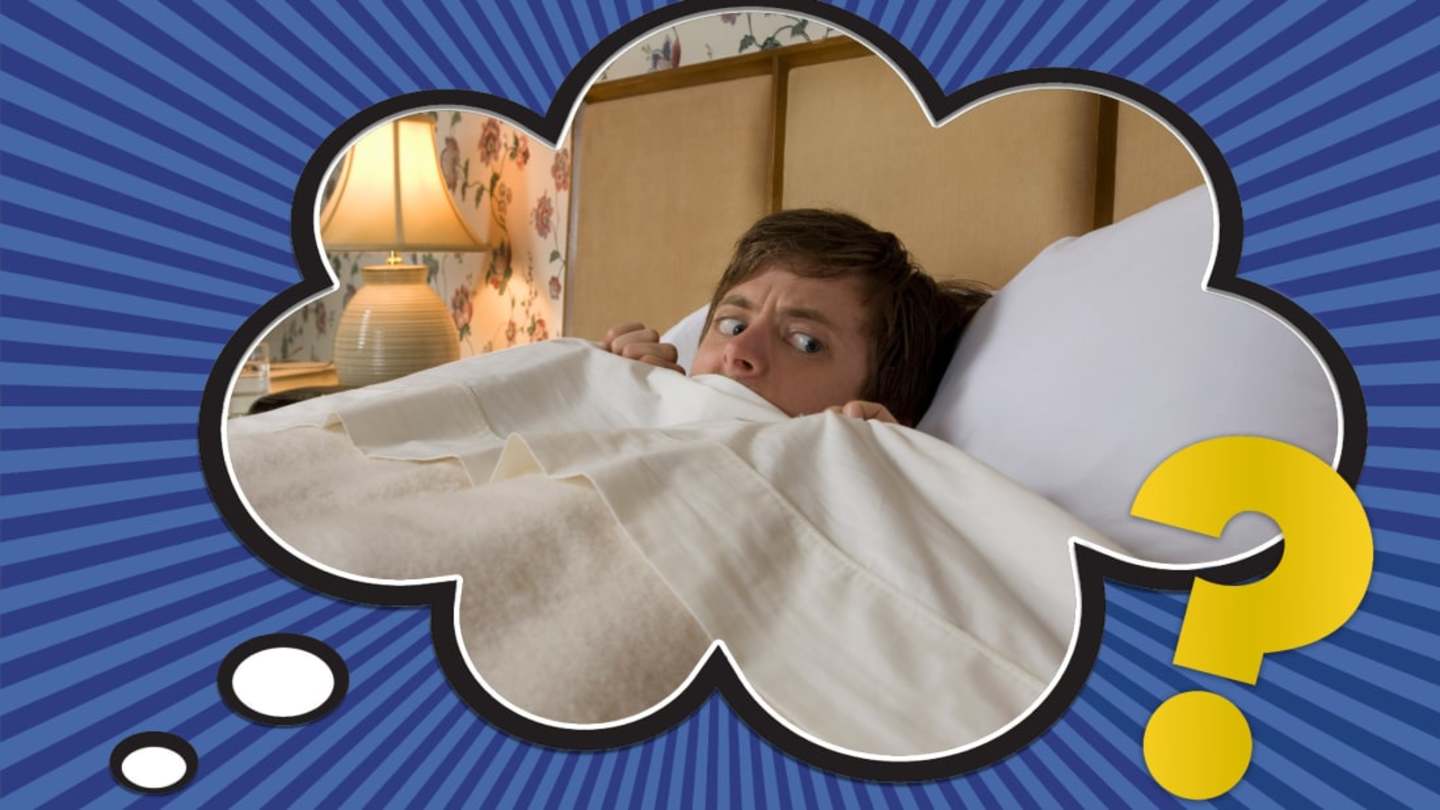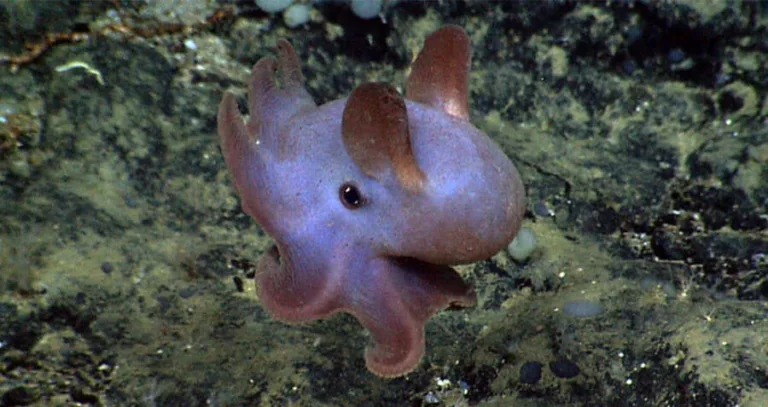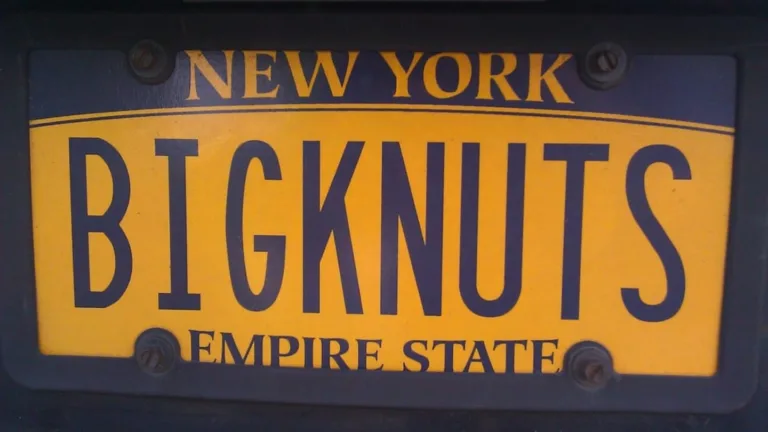Introduction: The Curious Case of “Getting The Willies”
Have you ever had that feeling of unease, a shiver down your spine, When Something Just Feels off? That tingling sensation of apprehension might be described as “getting the willies.” It’s one of those phrases that Gets Tossed Around Casually, but have you ever stopped to Wonder Where It Actually Came from? The origins of “getting the willies” are shrouded in a bit of mystery, with several theories vying for the spotlight.
Some believe the phrase has its roots in the world of ballet, specifically the tragic story of “Giselle.” This famous ballet features vengeful spirits called Wilis who haunt and terrify audiences. Could this have inspired the association between the name “Wilis” and feelings of fear? It’s certainly a spooky connection that give me the willies Just Thinking About it!
There are other theories too, ranging from tragic historical events to Everyday Annoyances. Perhaps frontiersmen associating wool underwear (woolies) with irritating tingling sensations contributed to the phrase. Or maybe, It Emerged From Children Using “willie-boy” as a derogatory term for timid individuals, implying they were easily spooked. Unraveling the true give me the willies origin is like piecing together a puzzle – each theory adds a fascinating piece to the larger picture.
Exploring Etymological Theories
Delving deeper into the linguistic roots of “getting the willies” reveals a tapestry of intriguing theories. One prominent hypothesis points to the ballet “Giselle,” where the vengeful spirits known as Wilis haunt and terrorize characters on stage, leaving audiences with a lingering sense of unease. Could this association with spectral beings have contributed to the phrase’s emergence? The connection between “Wilis” and feelings of fright is undeniably compelling, making it a strong contender in the origins debate.
Another theory proposes a link to the tragic history of the Willey family. This unfortunate family met their end in a devastating landslide, a harrowing event that likely left many shaken and fearful. Could this real-life tragedy have imprinted itself on the collective consciousness, influencing the phrase’s association with unsettling events?
Perhaps a more mundane explanation lies in the realm of everyday experiences. Some speculate that frontiersmen frequently wore Wool Underwear, Known As “woolies,” which could cause irritating tingling sensations. These uncomfortable feelings may have been linked to a general sense of unease and anxiety, eventually shaping the phrase “getting the willies.”
Wilis in Ballet: A Connection?
The chilling specters of “Giselle” add another layer to the mystery surrounding “getting the willies.” This famous ballet tells the tale of a young peasant girl betrayed by her lover and driven to madness. Her spirit returns as a vengeful Wili, forever bound to haunt the forest and terrify unsuspecting men who wander Too Close. These spectral figures evoke a sense of dread and unease that resonates deeply with audiences, leaving them feeling unsettled long after the curtain falls.
Could this association between the supernatural “Wilis” and feelings of fear have directly influenced the phrase “getting the willies?” It’s certainly plausible that the ballet’s popularity and enduring impact on popular culture could have played a role in shaping our understanding of these Unsettling Emotions. After all, few things give me the willies quite like the thought of being stalked by vengeful spirits!
The connection between “Giselle” and the phrase is intriguing, but it’s just one piece of the puzzle. Other theories offer compelling explanations for the origins of “getting the willies,” highlighting the complex nature of language and its evolution over time.
 The Worlds Most Secure Vaults: Fort Knox, & More
The Worlds Most Secure Vaults: Fort Knox, & MoreThe Tragic Willey Family and Public Discourse
Stepping away from the realm of fantasy and into historical accounts, we encounter another compelling theory linked to a real-Life Tragedy. The Willey family met an untimely end in 1845 when their home was engulfed by a massive landslide in New Hampshire.
This catastrophic event shook local communities and resonated far beyond its immediate impact. Newspaper accounts of the disaster spread widely, capturing public imagination and fueling discussions About Fate, resilience, and the fragility of life. Could this collective experience of grief and awe have contributed to the phrase “getting the willies?” It’s conceivable that associating the Willey family’s unfortunate demise with feelings of unease became ingrained in the cultural Lexicon Over Time.
The tragic story serves as a poignant reminder that sometimes, the most unsettling events stem from real-Life Tragedies, leaving an indelible mark on our collective memory and influencing the way we understand and express fear and anxiety.
From Woolies to Unease: A Frontier Hypothesis
Imagine yourself as a frontiersman in the 19th century. Life was tough, the wilderness unforgiving, and your wardrobe often consisted of rough-Spun Wool Garments – think heavy blankets and scratchy underwear Known As “woolies.” These woolen garments, while providing warmth in harsh conditions, could also cause quite an uncomfortable sensation: a tingling itch all over.
Now, picture this: You’Re Out Exploring, feeling exposed and vulnerable. Suddenly, those irritating tingling sensations from your wool clothes start to creep up – maybe accompanied by the wind swirling through the trees or the distant howl of a wolf. Could this combination of physical discomfort and environmental cues have led to a link between “woolies” and a general sense of unease? It’s possible that over time, this association could have evolved into the phrase “getting the willies,” where the physical irritation serves as a trigger for feelings of anxiety and fear.
This frontier hypothesis offers an intriguing perspective on the origins of our phrase. It highlights how even seemingly mundane experiences can shape our understanding of emotions and contribute to the development of language over time.
Willie-boy: Derogatory Term or Source?
Another theory delves into the realm of childhood slang and its potential influence on our modern lexicon. Some researchers suggest that the phrase “getting the willies” could have originated from the term “willie-boy,” which was used disparagingly to describe timid or easily frightened individuals. Picture a group of kids playing rough, one child hesitant to join in – they might be labeled a “willie-boy,” highlighting their perceived lack of courage.
Could this derogatory label have evolved into a more widespread expression for feeling unsettled or scared? It’s conceivable that the association between being called a “willie-boy” and experiencing fear could have contributed to the phrase “getting the willies.” This theory highlights how language often evolves through informal expressions and slang, reflecting social dynamics and evolving perceptions of behavior.
The origins of words are rarely straightforward, and this particular theory adds another layer of complexity to our understanding of “getting the willies.” Analyzing these linguistic connections offers a fascinating glimpse into the way language reflects societal norms and individual experiences.










